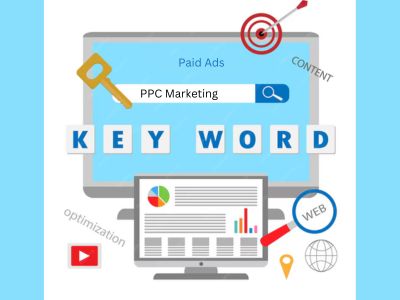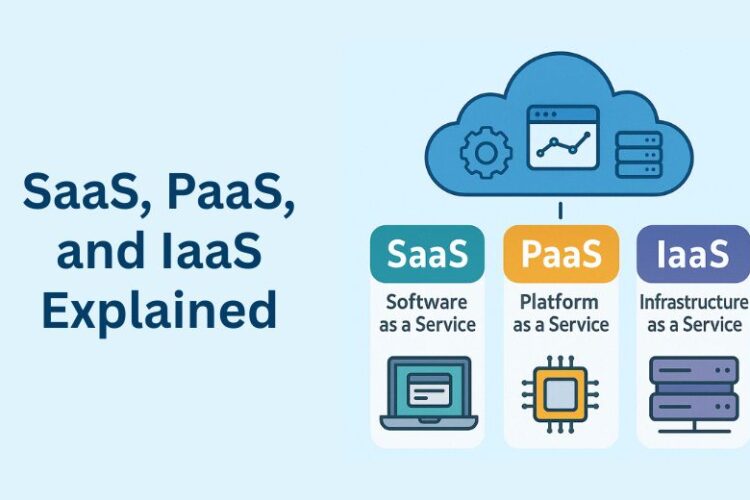Digital businesses that use pay-per-click advertising pay a fee each time they run an ad to take advantage of focusing on specific content, demographics, and interests by advertising on search engines and other platforms. Pay-per-click is best for companies who are looking to expand their online presence as it helps in creating a website quickly. Ads can also be targeted through a pay-per-click campaign, allowing users to see them whenever they want. In addition, PPC marketing has extensive analytics and advertising capabilities that will enable advertisers to instantly monitor campaign performance and make informed decisions to improve advertising.
Table of Contents
- Pay Per Click advertising and its significance
- Tips for defining clear objectives
- Importance of keyword research in PPC Marketing
- Some best practices for PPC ads
Significance of Pay Per Click in Digital Marketing:
Pay-per-click in digital marketing holds enormous significance in digital advertising techniques due to its ability to force focused visitors, increase emblem visibility, and generate measurable outcomes. One key importance lies in its price-effectiveness, as advertisers best pay while customers click on their commercials, making sure that marketing budgets are efficiently allocated. Moreover, campaigns offer a specific focus on options, permitting advertisers to reach precise demographics, locations, and pursuits, thereby maximizing the relevance of their ads.
Tips for Defining Clear Objectives
The success of a pay-per-click campaign is dependent on clear goals, generating leads, increasing sales, or creating a website. Before setting measurable objectives, make sure they are achieved within the client’s budget, preference, and time. Conversion rate, cost per acquisition, and return on investment are performance indicators that align with the set goals, and making sure that goals are in line with your strategy is also crucial.
- Identify Specific Goals: To attain the preferred effects, which include boosting your brand reputation, sales, leads, or internet site visits, marketers set clean and quantifiable dreams.
- Align with enterprise desires: Make certain that your percent targets align with the broader dreams of your business. bear in mind how accomplishing your p.c desires will make contributions to the general achievement and increase of your organization.
- Set smart targets: Use the clever criteria (specific, Measurable, doable, relevant, Time-certain) to define your objectives. This can assist you create clear, actionable, and realistic goals that may be tracked and evaluated effectively.
- Recollect Key performance indicators (KPIs): Perceive the important thing metrics as a good way to imply whether you are effectively meeting your targets. Not unusual KPIs for % campaigns encompass click-thru rate (CTR), conversion fee, fee in line with acquisition (CPA), go back on advert spend (ROAS), and advert function.
- Recognize Your Target Market: Benefit from deep information on your target market’s desires, preferences, and behaviors. define objectives that resonate together with your target audience and address their ache factors correctly.
- Prioritise objectives: If you have multiple objectives in your percent marketing campaign, prioritize them based on importance and feasibility. focus on one or number one goal to ensure the readability and consciousness of your campaign strategy.
Importance of keyword research in PPC Marketing

Keyword research involves identifying and studying the terms and terms that users input into search engines while looking for information, merchandise, or offerings associated with a selected subject matter or industry. The aim is to understand the quest conduct of the target audience and perceive applicable keywords that may be integrated into website content, ad campaigns, and other digital advertising efforts.
Why Keyword Research is important?
- Advert Analysis Insights: The goal of tracking marketing advertisements is to identify the words, and phrases that appeal to the intended audience.
- Tracking down marketing advertisements: To identify the vocabulary used by the intended audience.
- Audience Insight Acquisition: Marketers learn about the requirements, preferences, and habits of their target audience by looking closely at the content of commercials.
- Enhanced Ad Visibility: Ad visibility is increased by carefully crafting the ad copy and choosing pertinent keywords that match the user’s intent.
- Ad Performance Analysis: Analysing ad performance yields important insights about user behavior, competition, and market trends.
- Balanced Advertising Success: Optimising advertising success requires striking a balance between search volume, competition, and relevancy.
Some best practices for PPC ads:
Pay-per-click advertisements are a form of online advertising where advertisers pay a fee on every occasion their ad is clicked. Those advertisements are generally displayed on seek engine consequences pages or on websites, and advertisers bid on unique key phrases or terms relevant to their target audience.
Some best practices used by marketers to cater to PPC ads:
- Ad Optimisation: Creating an eye-catching advertisement, call-to-action, and making the landing page more optimized guarantees that users will have a positive experience, which increases conversion rates.
- A/B testing: A/B Testing helps in achieving an audience and producing the best results by finding the headlines, ad language, and picture combinations.
- Efficient Strategies: Businesses may design more efficient Pay-per-click campaigns that result in reduced costs, increased click-through rates, and ultimately more revenue and conversions by adhering to these best practices.
- Continuous PPC Evolution: Organisations to evolve with the best practices including PPC algorithm updates, and industry trends to adjust campaigns appropriately.
- Ad Scheduling: Companies use ‘Ad Schedule’ to run the advertising at peak hours when the target audience is most engaged and active.
- Ad Performance Management: To optimize return on investment, and modify bidding tactics and budgets in response to ad performance over certain periods.
Conclusion
Best PPC agencies hold strategic planning, ongoing optimization, and a thorough comprehension of the requirements and habits of the target audience that are crucial for the success of a campaign. PPC Marketing has the potential to produce remarkable outcomes and support overall business growth when they are carefully planned and carried out. Crucial tasks include establishing clear objectives, closely monitoring performance metrics, and adjusting plans of action in response to new information from data analysis. keeping up with platform modifications and market trends guarantees that campaigns stay competitive and relevant.




